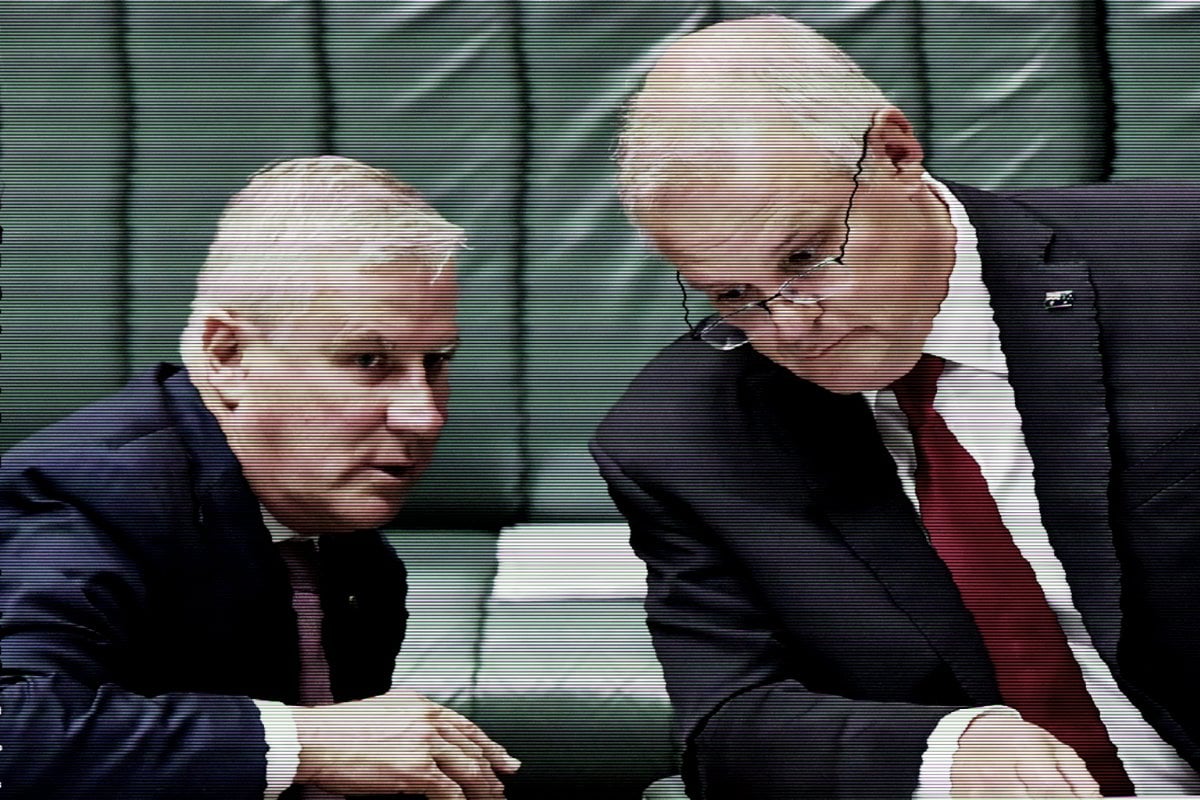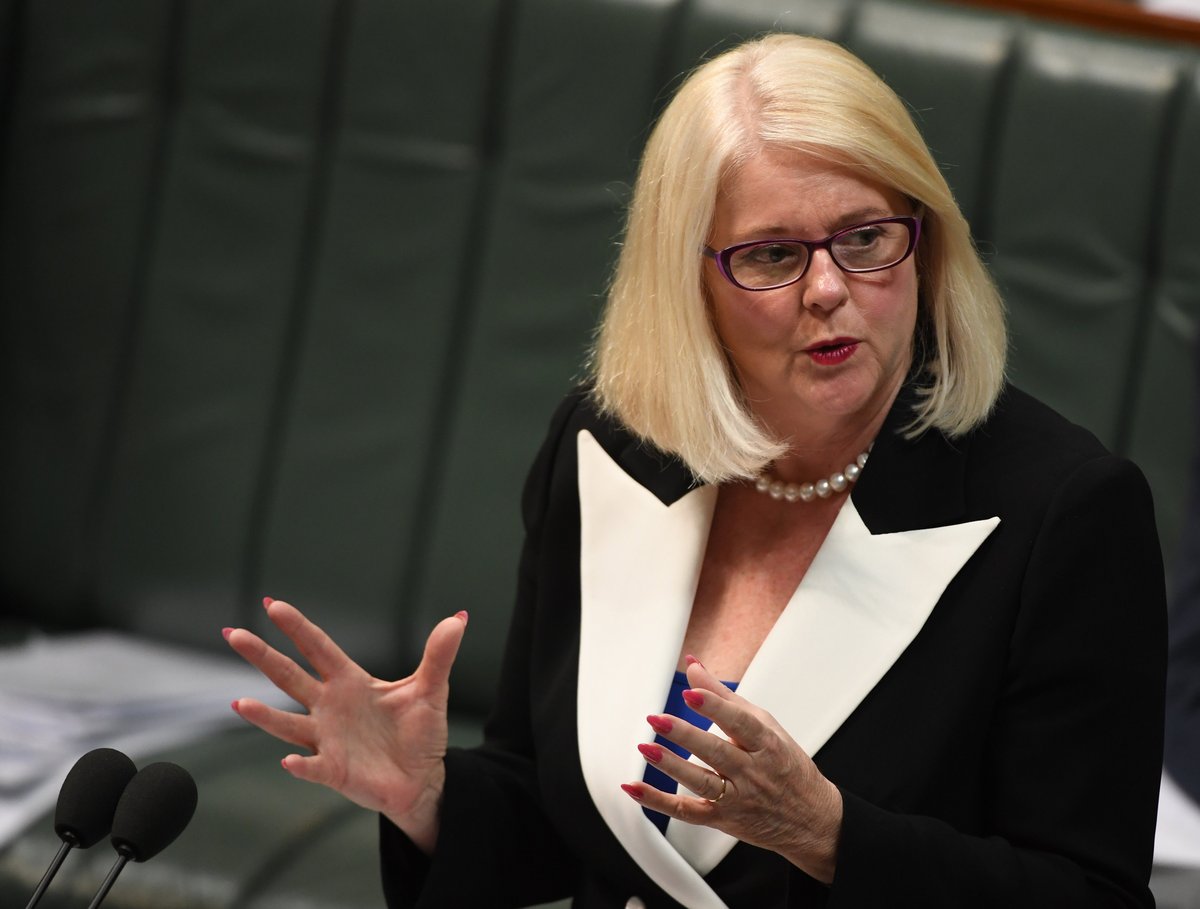
For the past two decades, we've had a control and a test case.
In 1994, the Australian Labor Party adopted its first quota for gender equality within its ranks.
The Liberal Party did not.
Watch: Scott Morrison on Tuesday addressed the "women problem" in Australian politics. Post continues after video.
While the Labor Party mandated that women would be pre-selected for 35 per cent of winnable seats at all parliamentary elections by 2002, the Liberal Party decided against quotas, and with that gave Australians front row seats to a political experiment.
The argument against such a quota usually falls into one of three camps: people should be hired on the basis of merit not gender, quotas fail to address underlying discrimination, and quotas are undemocratic because voters should be able to decide who is elected.
But what we've seen is that without them, nothing changes. And the Liberal Party in 2021 is proof of that.
In 1994, both major parties had about 14 per cent women in their federal ranks. In 2021, 47 per cent of the Labor Party’s federal MPs are women, while the Liberal Party only has 26 per cent female MPs.


Top Comments